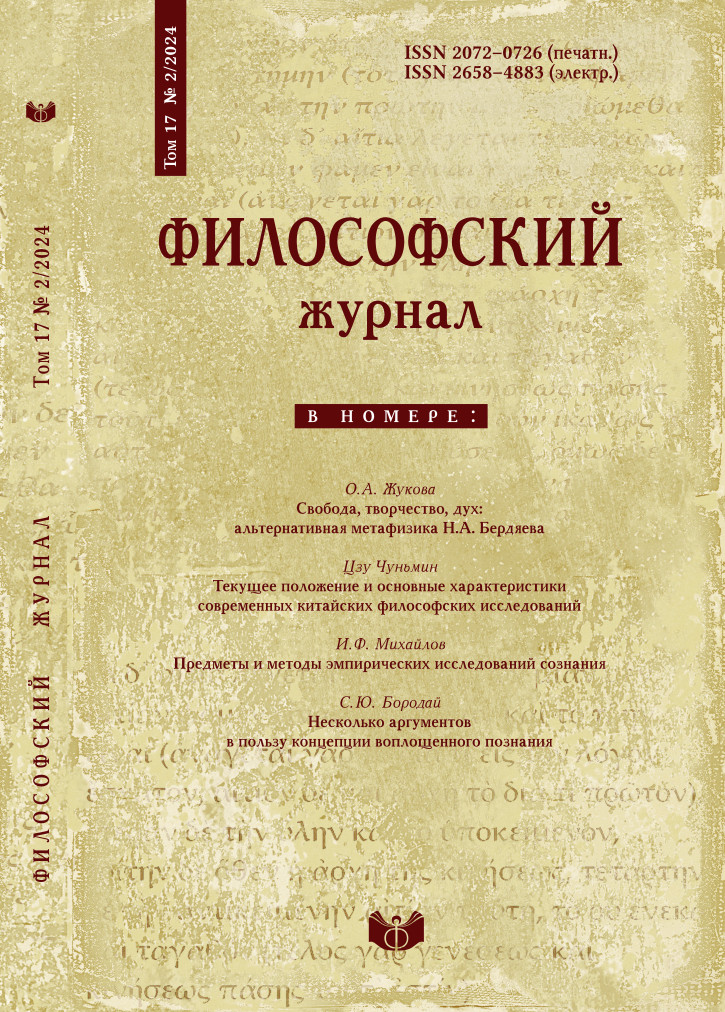Antiutopia and Stalinism: J. Orwell’s novel “1984”
DOI:
https://doi.org/10.21146/2072-0726-2024-17-2-79-91Keywords:
novel “1984”, J. Orwell, Stalinism, Trotskyism, totalitarianism, A.A. Bogdanov, A.V. Lunacharsky, empirio-criticism, Russian modernismAbstract
The article deals with the interaction of dystopian and utopian genres in the main dystopian work of the XX century – J. Orwell’s novel “1984”, which arouses the undying interest of philosophers, culturologists, historians, who try to find the meaning of the novel in different models of generalizing knowledge, but also on the path of ambivalent interpretations, when it is taken as an axiom that a utopian image can combine multidirectional characteristics without violating the meaningful integrity of the work. The task of this study is to understand the author’s meaning of the novel on the basis of the fact that any work must have natural boundaries of self-consciousness that do not contradict the historical and cultural context of its inherent modernity. Within these boundaries the novel “1984” appears before us as a novel written not only by a man committed to the ideals of world socialism, but also by a Trotskyist who shared L.D. Trotsky’s critical judgments against the usurpation of the proletariat’s rights to power by Stalin’s party.






